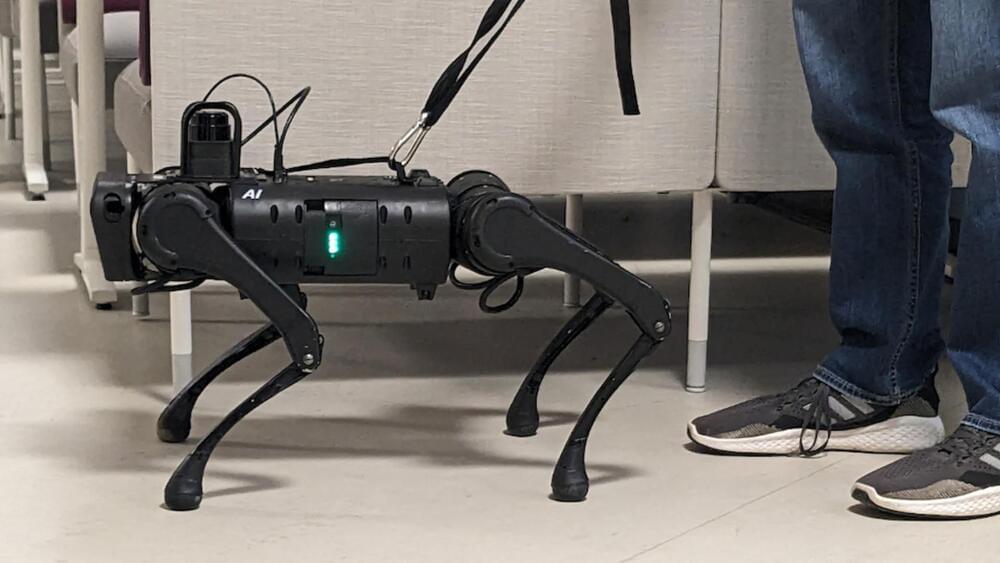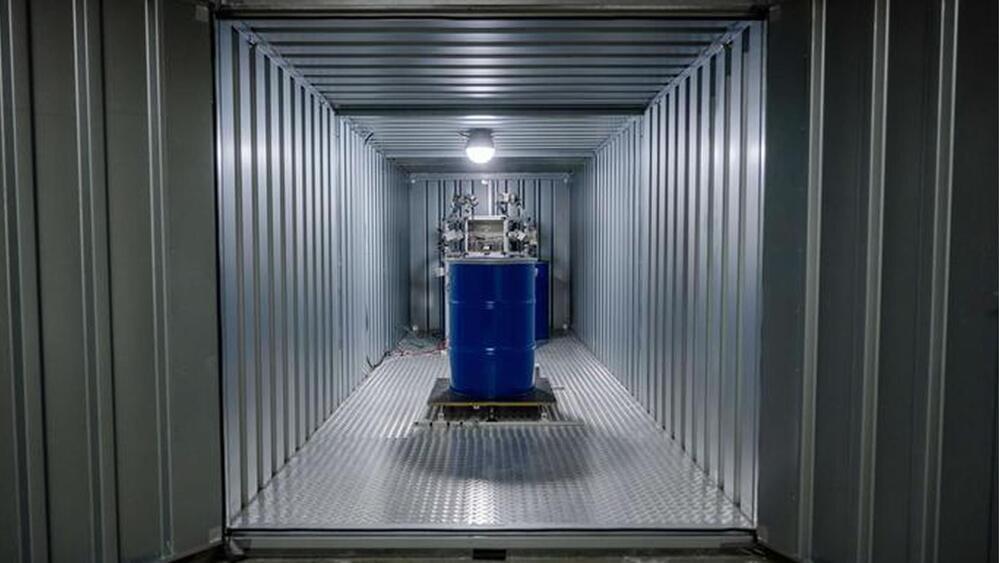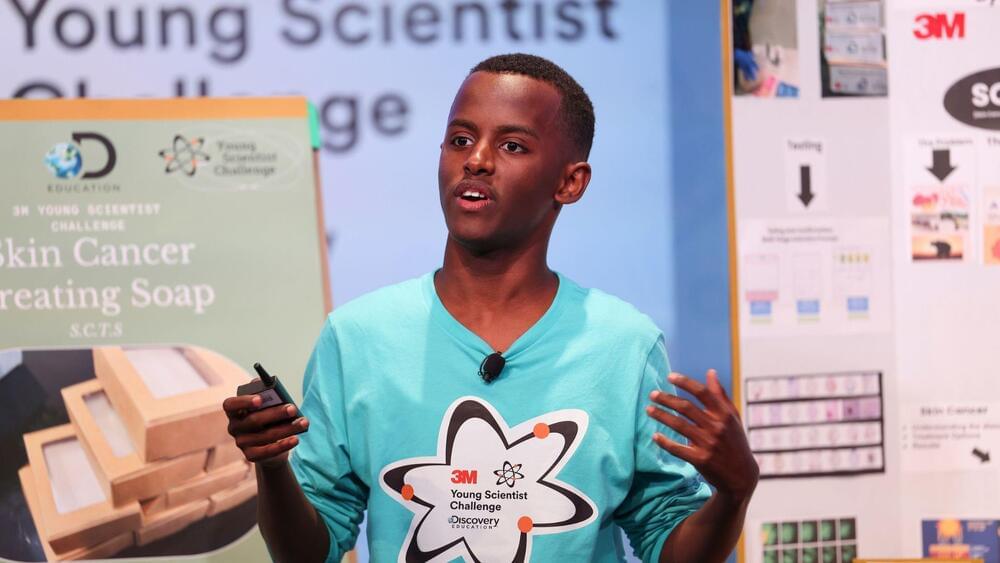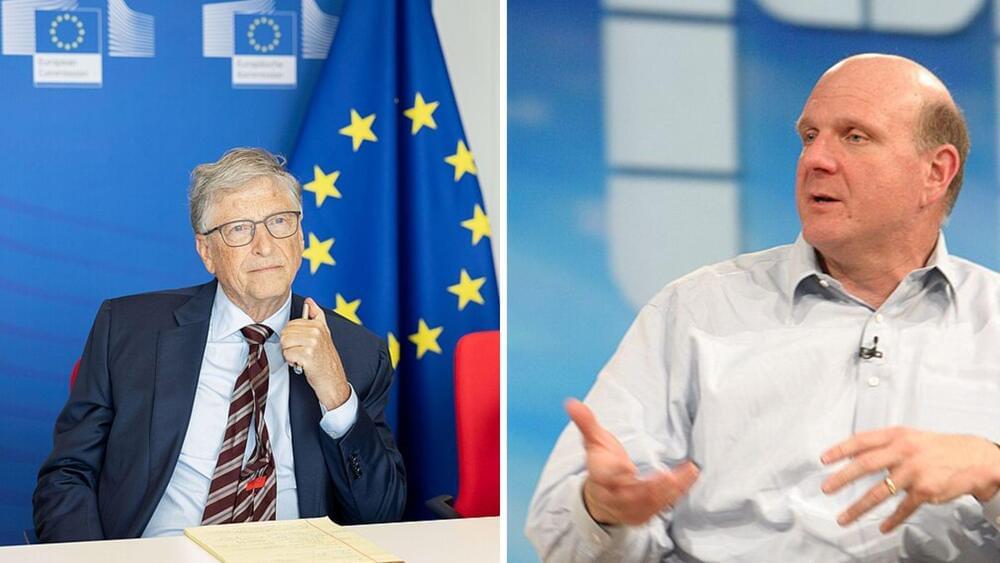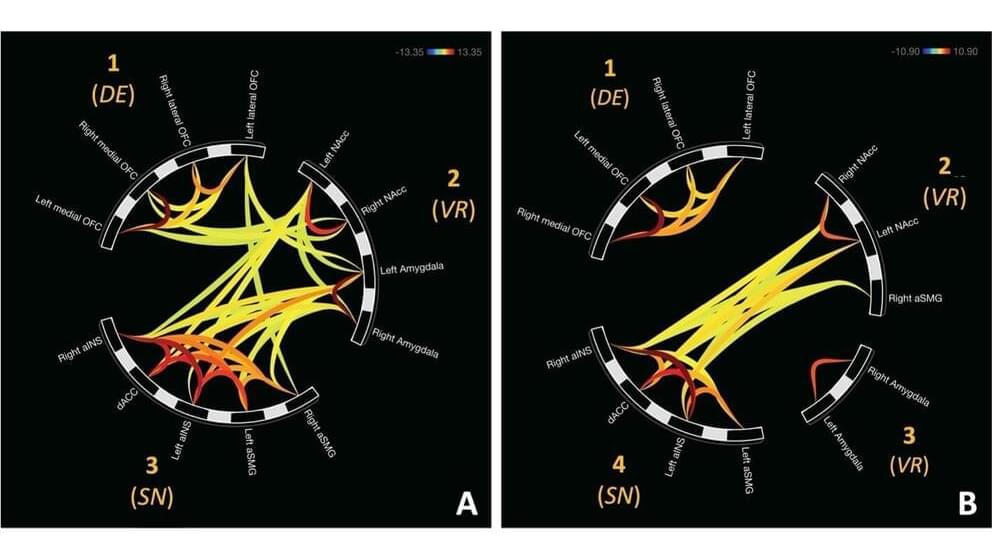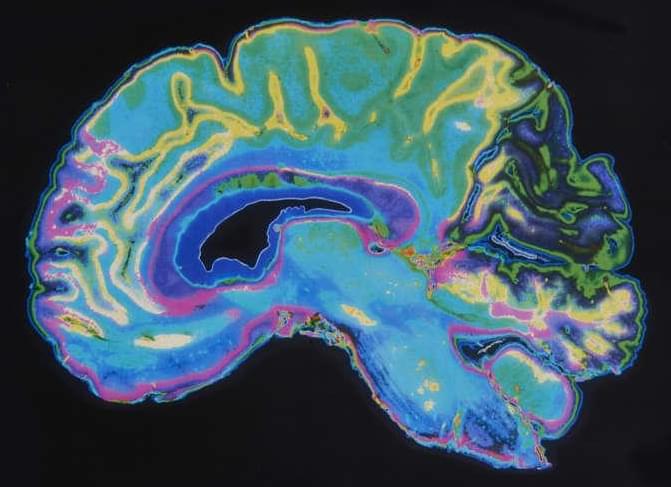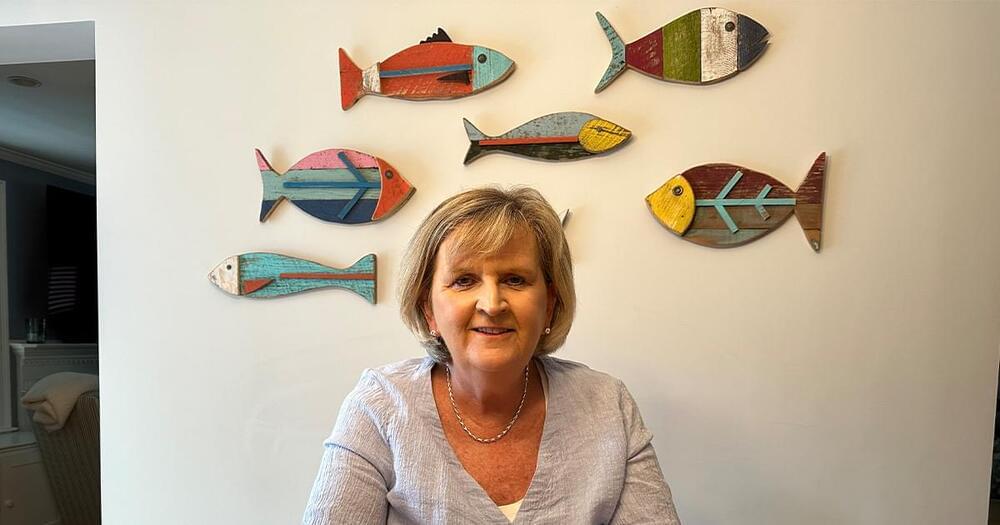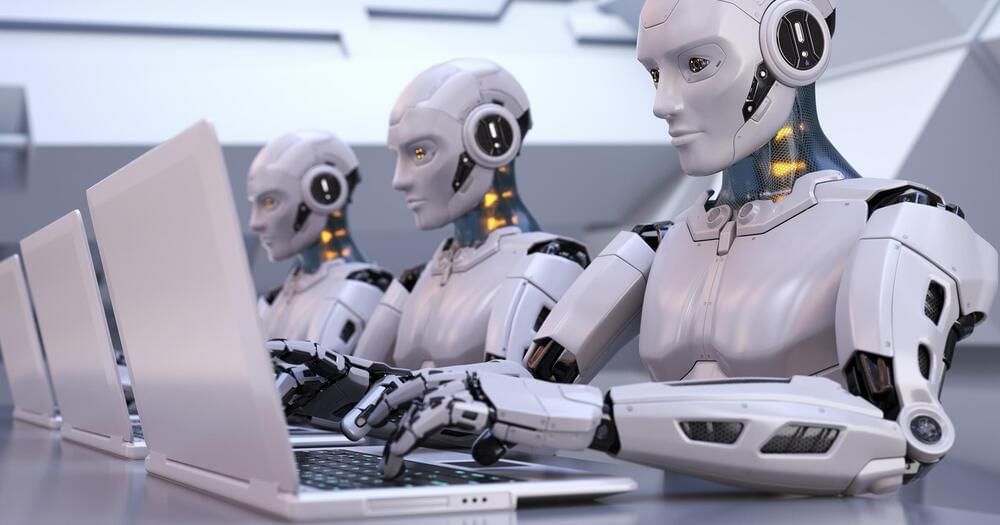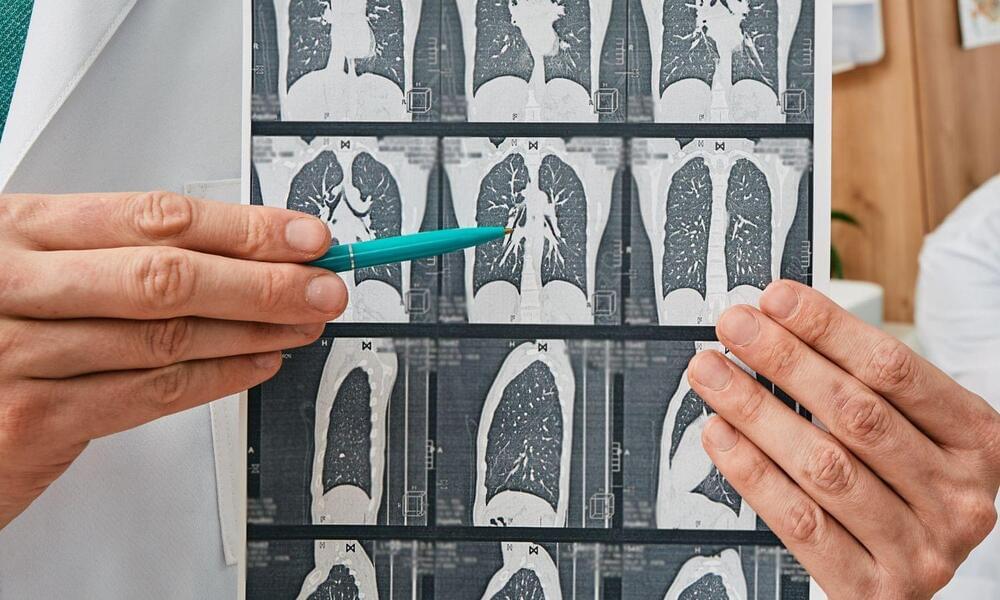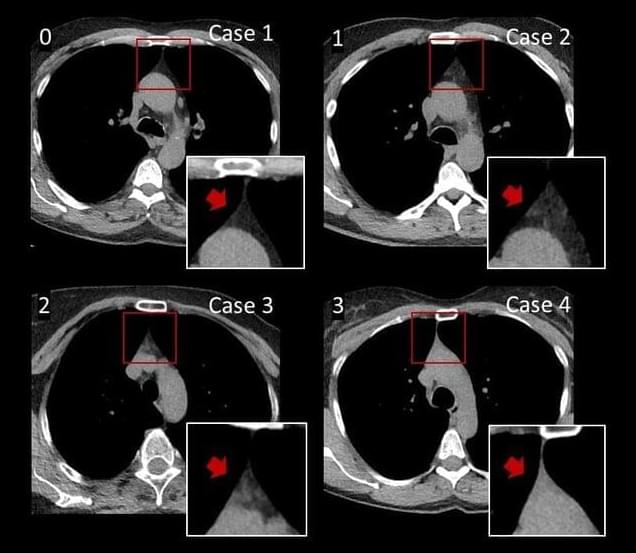The robot guide dog possesses the ability to respond to tugs on a leash.
Researchers have created a robot guide dog to make life easier for the visually impaired with its ability to respond to tugs on a leash. The team of engineers at Binghamton University’s Computer Science Department in New York State has been developing a robotic seeing-eye dog to improve accessibility for those who are visually impaired. Last year, they performed a trick-or-treating exercise with its quadruped robotic dog.
Now, they have demonstrated a robot dog leading a person down a lab hallway, confidently and carefully reacting to directive instructions. Engineers were surprised that throughout the visually impaired… More.
Stephen Folkerts ‘24.
The team of engineers at Binghamton University’s Computer Science Department in New York State has been developing a robotic seeing-eye dog to improve accessibility for those who are visually impaired. Last year, they performed a trick-or-treating exercise with its quadruped robotic dog.
